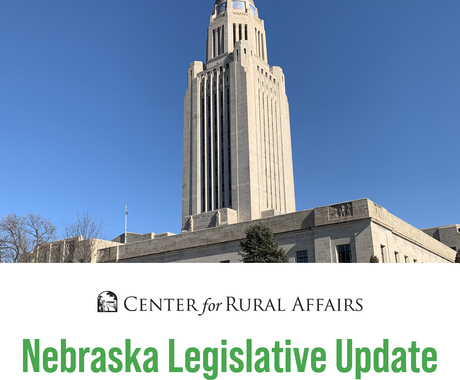By Katie Rock, former staff member
This week, the Iowa House of Representatives passed a weakened version of the water quality bill that was discussed last session. Senate File 512 (SF512) now heads to the governor’s desk after members of the House receded the amendments they fought to support in 2017. Democrats expressed frustration that the bill would not be improved through a conference committee. Republicans largely supported the bill, but some stood in vocal opposition led by Rep. Chip Baltimore (R-Boone).
The bill commits more than $280 million over 12 years, pulling from a tax on drinking water and gambling revenues that currently supports school infrastructure and Vision Iowa programs.
What the bill does, as summarized by Rep. John Wills (R-Dickinson):
- Provide rural water associations with funding for non-nutrient related issues;
- Allow industries to access funds for point source pollution problems; and
- Fund monitoring of private conservation efforts completed without cost-share.
What the bill does not do:
- Target practices in watersheds in a strategic way;
- Increase funding for water quality monitoring, instead relying on computer models;
- Make funded projects accountable to nutrient reduction; and
- Create a new, long-term, stable source of funding for water quality.
This bill was originally proposed two years ago by then Gov. Terry Branstad and then Sec. Tom Vilsack as a compromise. While it is not what we hoped for, the fact that it has faced such strong opposition is a mark of progress.
The Iowa House has proven to lead us towards serious policy on water quality in Iowa. For 2019, we should keep pressure on the Iowa Senate and our governor to fund the Natural Resources and Outdoor Recreation Trust Fund.
Read more about this bill in the Des Moines Register.




